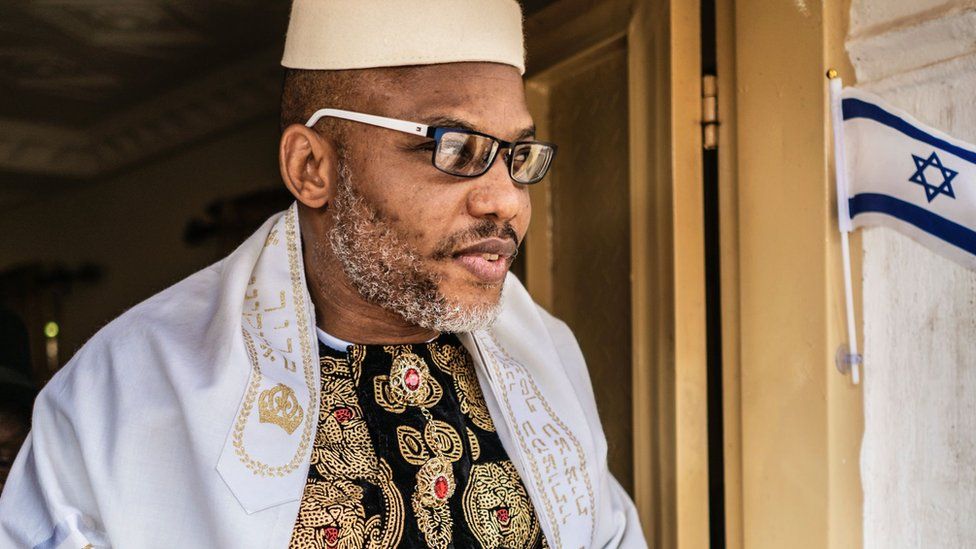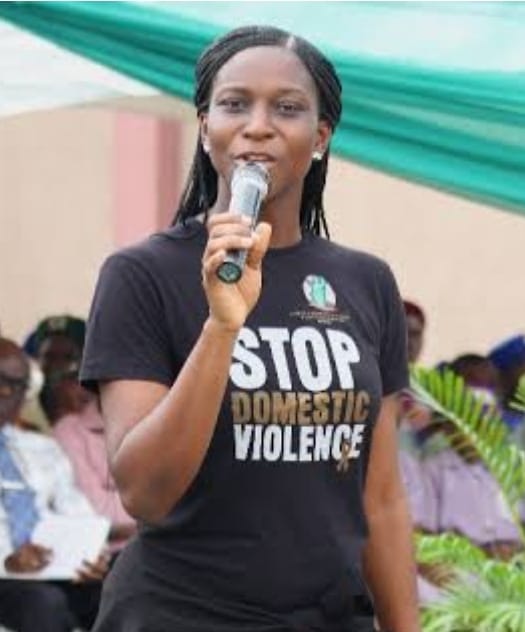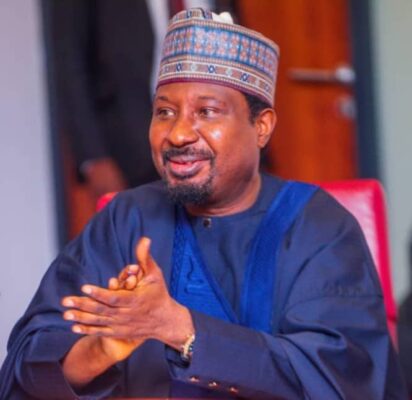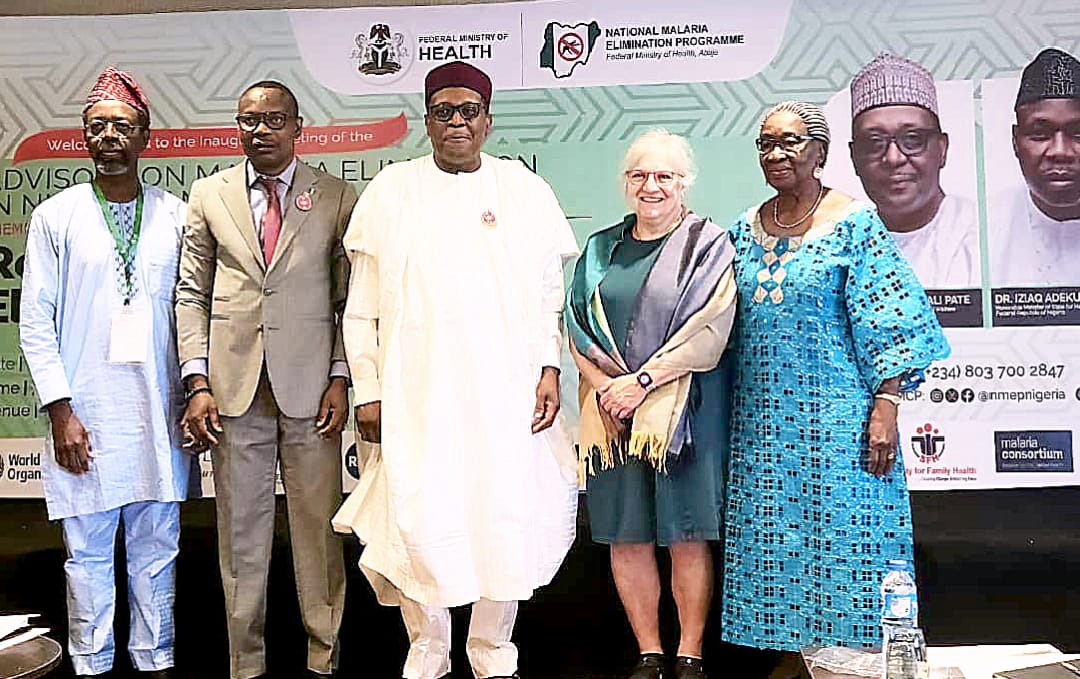FG Cannot Fairly Prosecute Nnamdi Kanu for Terrorism Charges – Igbo Ministers Advocates

The Igbo Ministers Commission of the South East has reiterated that the Nigerian government cannot fairly prosecute the leader of the Indigenous People of Biafra (IPOB), Nnamdi Kanu, on terrorism charges or any other offense.
In a statement issued Thursday in Abuja, the group condemned Kanu’s trial, citing the federal government’s alleged violations of both domestic and international laws. The commission argued that the circumstances of Kanu’s 2021 repatriation—described as “kidnapping and state-sponsored international banditry”—further undermine the legitimacy of the trial.
Rev. Tony Uzo Anthony, the international president of the commission, signed the statement on behalf of his colleagues.
Legal and Ethical Concerns Over Trial
The commission expressed serious concerns about Kanu’s upcoming trial, scheduled to begin on March 21, 2025, in Abuja. It noted that while Kanu was originally accused of treason and treasonable felony, those charges have been abandoned in favor of terrorism-related offenses, which the ministers believe are politically motivated.
“The fundamental issue is the manner in which he was brought back to Nigeria,” the statement read. “His abduction violated international treaties Nigeria has signed. This raises a crucial question: can a government that breaks its own laws fairly prosecute someone under them?”
The commission cited Section 19(d) of the Nigerian Constitution, which mandates the government to respect international laws and treaties. It argued that since Nigeria’s Supreme Court acknowledged the government’s unlawful actions in bringing Kanu back, its legal and moral standing in the case is severely compromised.
Implications of a De Novo Trial
The ministers also pointed out that the Supreme Court’s ruling, which nullified the Appeal Court’s earlier decision to discharge Kanu, means the case is starting afresh (de novo). As a result, all previous proceedings are set aside, and a new trial begins from scratch.
They argued that this legal reset complicates the government’s ability to rely on previous laws, including the Terrorism Prevention Amendment Act (TPAA) 2013, which has been replaced by the Terrorism Prevention and Prohibition Act (TPPA) 2022. Since courts have ruled that repealed laws cannot be applied to new cases, they contend that the prosecution lacks a valid legal basis.
Call for Fairness and International Oversight
The ministers stressed that Kanu’s case is not just about him but about the rule of law and the integrity of Nigeria’s justice system. They warned that allowing the government to violate its own laws would set a dangerous precedent.
“We urge the international community to hold Nigeria accountable for a trial that is fair, transparent, and in full compliance with domestic and international legal standards,” the statement continued. “Using outdated laws to prosecute him would be unconstitutional and unjust.”
The commission called on global stakeholders to closely monitor the case, insisting that justice must not only be done but be seen to be done.





